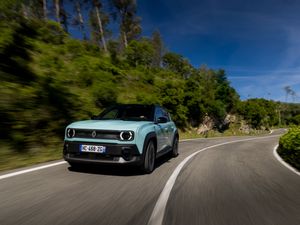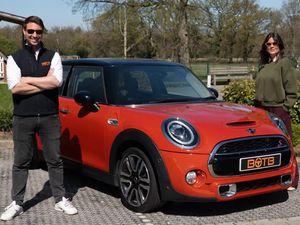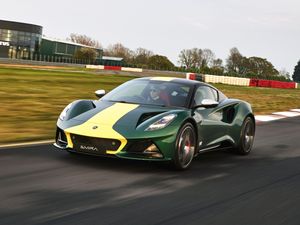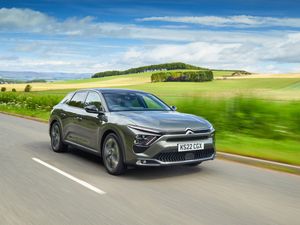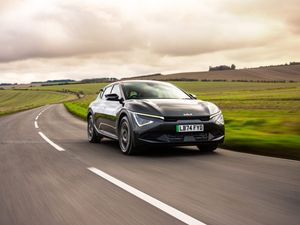The manufacturers that won with the 69 plate changes
A new number plate means a surge in new car sales – we look at the manufacturers that saw an extra boost
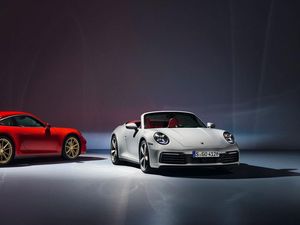
It’s been a rough few years for the UK car industry, as sales have been tanking driven by the diesel emissions scandal and uncertainty surrounding Brexit.
However, there was a small shred of light within the darkness in September, as overall registrations were up 1.3 per cent on the same month last year. It’s an important month for the industry, because sales are high as buyers take advantage of the latest number plate update.
It was good news for the Vauxhall Corsa, which jumped above the Ford Fiesta in the best-selling cars list, despite an all-new version being just over the horizon. We’ve taken a look at a selection of manufacturers that can also be happy with the latest sales figures…
Porsche – up 174 per cent on September 2018

It’s been a big year for Porsche, which has seen a large number of its vehicles updated in 2019. That explains why there was such a surge on new registrations – last year, buyers were no doubt waiting for the new versions to come along.
With updates to the iconic 911 sports car as well as fairly recent revisions to higher volume models such as the Macan and Cayenne SUVs, and Panamera saloon and estates, it’s been a big year for Porsche dealers.
Dacia – up 74 per cent

At the other end of the spectrum is Romanian budget car manufacturer Dacia, which has seen a drastic uptick in sales. In fact, it’s had a hugely positive year overall, driven by the all-new Duster SUV – in the first half of the year, sales had almost doubled compared with 2018.
Buyers have also been drawn towards its Logan MCV, which offers the best value for boot space on the market.
Seat – up 56 per cent

It’s been a great month for Seat, though it doesn’t appear to be driven by any particular product changes. The new Tarraco SUV is the only major update to the range, but is unlikely to have contributed massively to the firm’s success.
Seat’s sales are up across Europe, too, perhaps simply as buyers looking for good value and good looking cars turn to the Spanish brand.
Lexus – up 43 per cent

As far as luxury car manufacturers go, Lexus is definitely a left-field choice, offering Japanese styling quirkiness as an alternative to the typical German and British rivals. Reliability and electrified platforms are also a strong selling point.
The recently introduced UX crossover and ES saloon have driven Lexus’ sales success, the former being an all-new model and the latter being sold in the UK for the first time.
DS Automobiles – up 34 per cent

It was a rocky start to life for DS Automobiles, which split off from Citroen to provide premium alternatives of the French manufacturer’s products but largely failed to hit the mark.
However, over the past couple of years its vehicles have massively improved, with sales this year spearheaded by the cool and quirky DS 3 Crossback.

